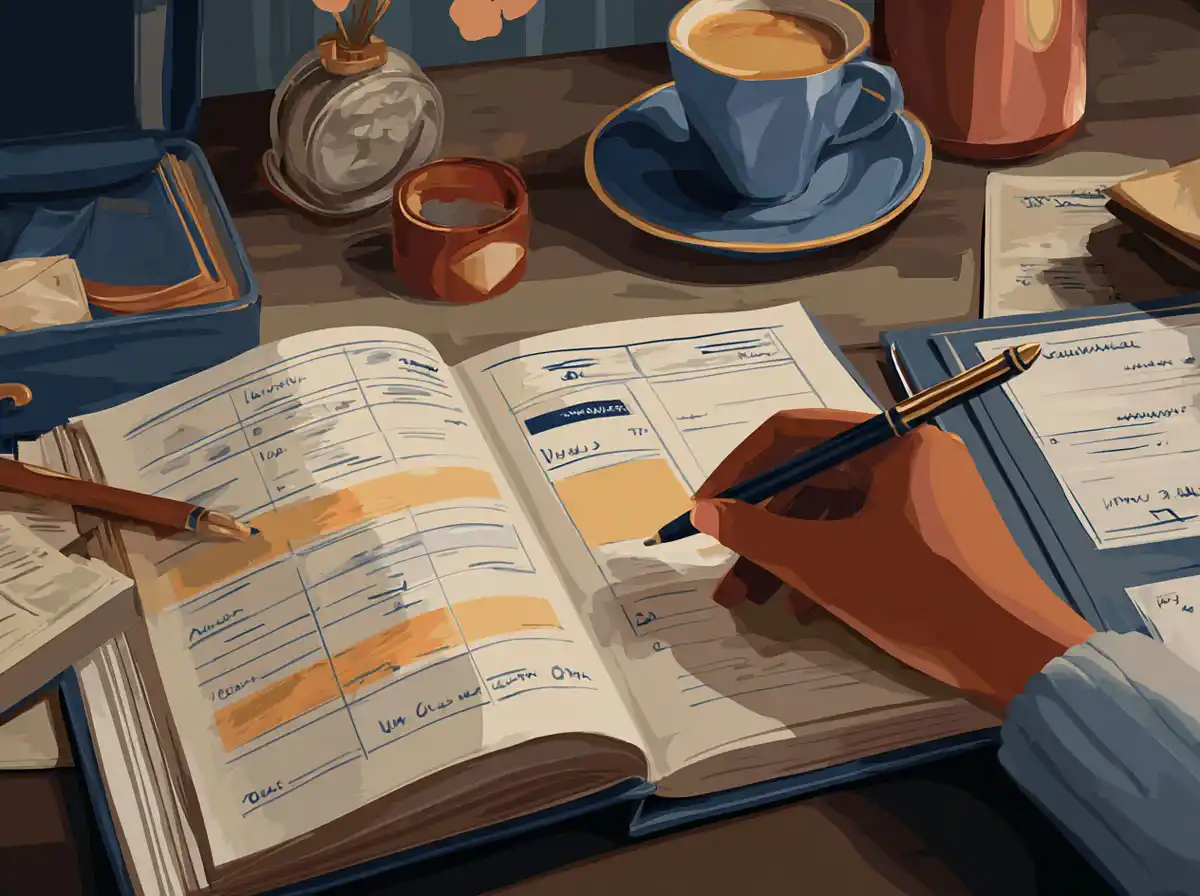Understanding the Structure of Romanian Words
Romanian, a Romance language descended from Latin, features a vocabulary that ranges from simple to complex words. Its alphabet consists of 31 letters, including five special characters: ă, â, î, ș, and ț. The language’s morphology allows for the formation of short words that are vital for daily communication. These words often include pronouns, prepositions, conjunctions, and verbs in their imperative or infinitive forms.
Before diving into the shortest words, it’s important to understand the types of words that tend to be short in Romanian:
- Pronouns: Often one or two letters long, used frequently in speech.
- Prepositions: Short words that connect nouns and pronouns to other words.
- Conjunctions: Simple connectors that join clauses or sentences.
- Verbs: Particularly in imperative or infinitive forms, which can be concise.
Shortest Words in Romanian: A Detailed List
Romanian has several words consisting of only one or two letters. These words are fundamental in constructing sentences and expressing ideas efficiently.
One-Letter Words
- “A” – This is the infinitive marker in Romanian and also the verb “to have” in the third person singular present tense (he/she/it has). For example: a merge (to go), el are (he has).
- “O” – A feminine singular indefinite article used in colloquial speech, equivalent to “a” or “an” in English. For example: o carte (a book).
- “Ș” – This is not a word on its own, but a letter used in words; however, it can be part of interjections or abbreviations.
Two-Letter Words
Two-letter words are more abundant and include a variety of parts of speech:
- Prepositions:
- la – meaning “to,” “at,” or “on”
- de – meaning “of” or “from”
- cu – meaning “with”
- pe – meaning “on” (used with direct objects)
- Pronouns:
- el – he
- ea – she
- îl – him (accusative)
- le – them (dative/accusative plural)
- ne – us (dative/accusative plural)
- Conjunctions:
- și – and
- de – also used as conjunction in some contexts, meaning “that” or “because”
- Verbs:
- fi – to be (infinitive)
- da – to give (infinitive)
- ve – imperative of a vedea (to see)
Examples of Short Words in Everyday Romanian Sentences
Using short words correctly is essential for fluency and natural speech. Here are some common examples:
- La – Merg la școală. (I go to school.)
- De – Cartea de pe masă. (The book on the table.)
- Cu – Vin cu prietenii. (I come with friends.)
- Pe – Am pus cartea pe masă. (I put the book on the table.)
- Și – Eu și tu. (You and I.)
- Fi – Vreau să fi fericit. (I want you to be happy.)
Why Learning Short Words Is Crucial in Romanian
Short words form the backbone of Romanian syntax and daily communication. Mastering these words enables learners to:
- Construct grammatically correct and meaningful sentences.
- Understand spoken and written Romanian more effectively.
- Enhance vocabulary retention by focusing on high-frequency words.
- Build confidence in everyday interactions and conversations.
Moreover, because many of these short words function as connectors or essential grammatical markers, they appear frequently in Romanian texts and speech, making their mastery indispensable.
Tips for Learning and Practicing Romanian Short Words
To effectively incorporate these short words into your Romanian vocabulary, consider the following strategies:
- Use Language Apps like Talkpal: Engage in interactive conversations and exercises to practice short words in context.
- Create Flashcards: Make flashcards with short words and example sentences to reinforce memory.
- Practice Speaking: Use short words in everyday conversations or language exchanges to gain fluency.
- Read Simple Texts: Focus on beginner-level Romanian texts to see short words in their natural environment.
- Listen to Native Speakers: Pay attention to how short words are pronounced and used in podcasts, songs, or videos.
Conclusion
The shortest words in the Romanian language, though small in length, carry significant grammatical and communicative weight. From essential prepositions and pronouns to key verbs and conjunctions, these words are fundamental for anyone aiming to master Romanian. Learning them not only boosts your vocabulary but also deepens your understanding of the language’s structure. Utilizing tools like Talkpal can greatly enhance your learning experience by providing practical, interactive opportunities to use these words in real conversations. Embrace these tiny building blocks of Romanian and watch your language skills flourish.










